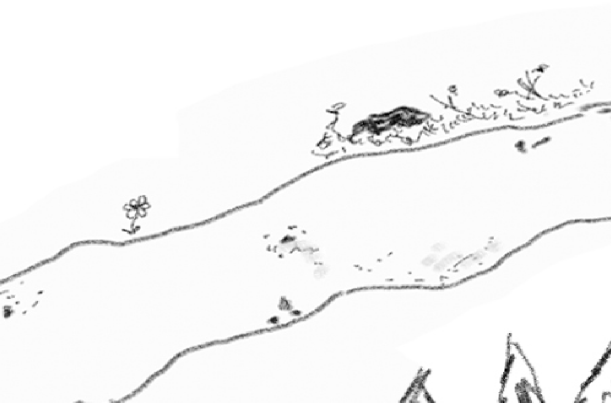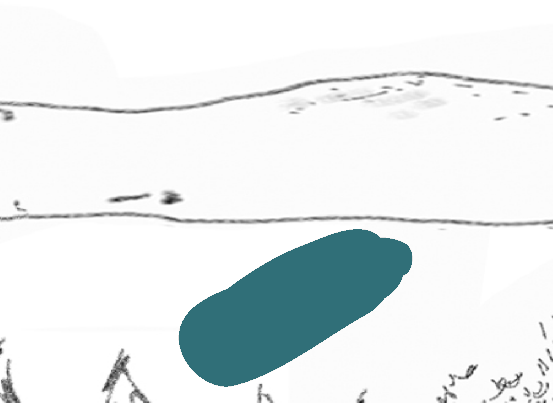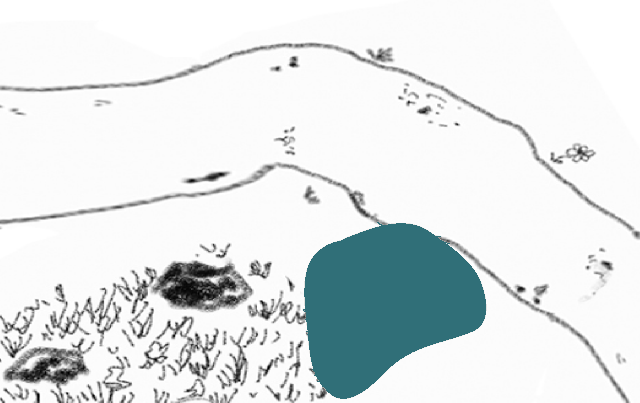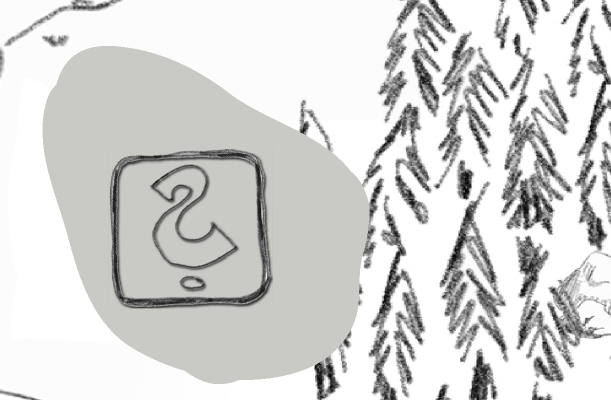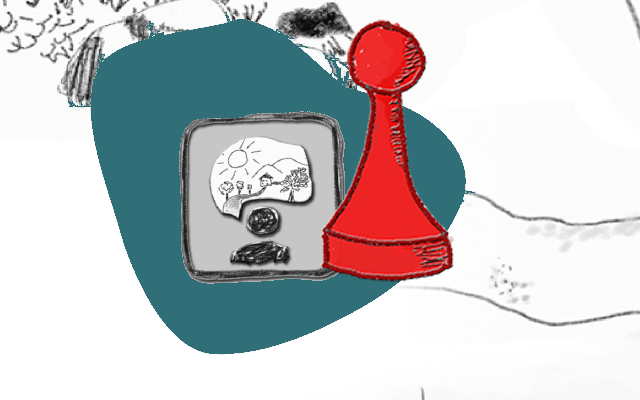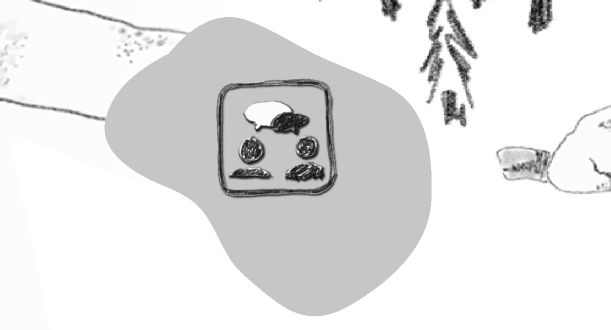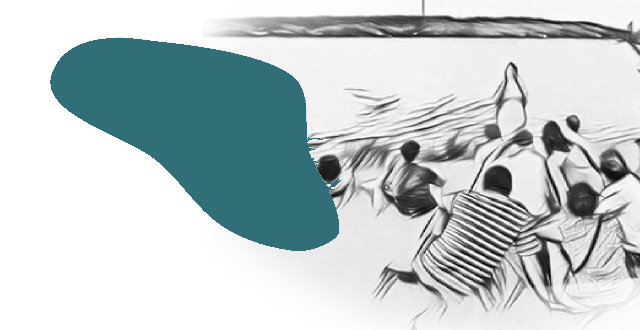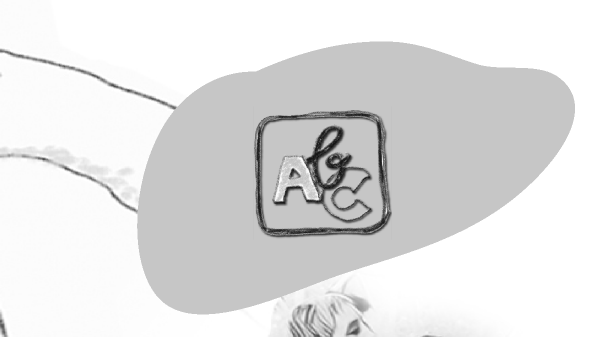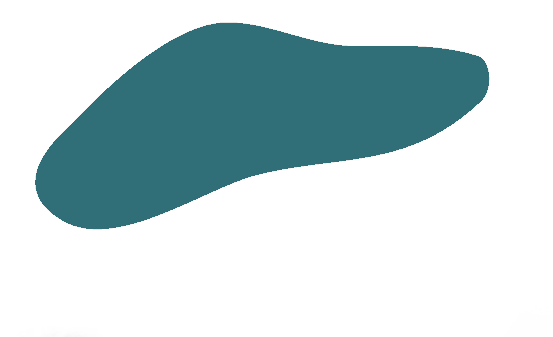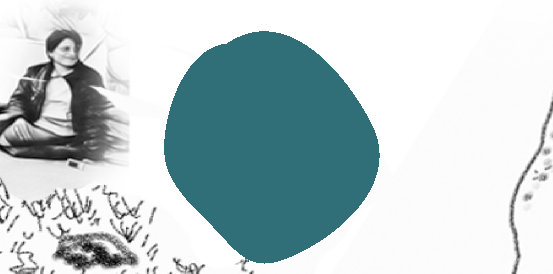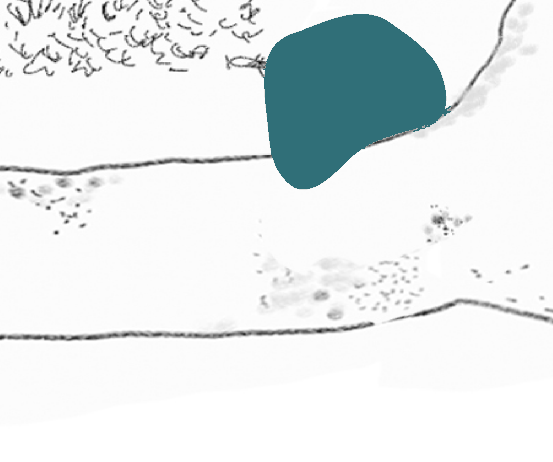Module -Storytelling
Competence oriented education
Competence based learning and competence based education do not consist of traditional teaching situations. They are based on the idea that the learners learn by experience and discovery.
This concept has an impact on how learners may be educated. The idea is that learners need to be actively involved in the learning situation. They learn best in meaningful contexts and in co-operation and interaction with others and with their environment. Thus they enable themselves to acquire knowledge, construe knowledge and check and cross check their newly constructed ideas with those of others. This emphasises the necessity of educating in a highly responsive and learners centred way, yet showing learners new horizons and perspectives and evoke enthusiasm for things they may never have heard of so far.
Key features of competence based education
Competence based learning requires an approach to education that differs from the traditional approaches to education. In competence based education one tends to stress the importance of powerful, or rich learning environments, that enable learners to engage in meaningful learning processes. The most distinctive features of this approach may be ummarized as follows:Meaningful contexts
For learning to take place it is recommended to create or to look for meaningful contexts in which adult learners will experience the relevance and the meaning of the competences to be acquired in an authentic way.
Holistic approach
Competences are holistic and as a consequence the educative approach needs to be integrative and holistic as well.
Constructive learning
The philosophy of competence based education has its roots in the social constructivism that pervaded our views on learning these days. Learning is conceived as a process of constructing your own knowledge in interaction with your environment, rather than as a process of absorbing the knowledge others try to transfer to you. The consequence of this view is that educative processes may better be constructive, this as opposed to learning processes that focus on information processing after which the actual application of knowledge will have to be awaited.
Cooperative, interactive learning (with parents, peers, teachers etc.).
The basic idea behind competence based education is to help learners to develop and construct their own knowledge. Co-operation and interaction are both domains of learning as well as vehicles of learning in other domains. If learning is supposed to be to some extent self-initiated, self-regulated, and aimed at developing personal competences, the educative approach must allow for diversity in needs and related to that in goals and objectives. This requires an open approach in which education includes dialogues between learners and educators about expectation, needs, goals, choices etc.
Discovery learning
Open learning processes require learning that may be characterized as active discovery as opposed to receptive learning. This does not imply that learning content should not be made available and accessible. It means that the way of acquiring this knowledge or these competences, could not be just a process of providing information, but may better be embedded in a discovery based approach.
Reflective learning
Competence based learning requires apart from a focus on the key competences, also an emphasis on the learning processes as such. By reflecting on a learner’s needs, motivation, strategies, progress, results etc. it develops learning competences/strategies that may be considered meta-competences. The competence meant here usually is referred to as the process of “learning to learn”.
Personal learning
In the competence oriented theories learning is conceived as a process of constructing your own personal knowledge and competences. Information, knowledge, strategies, only become meaningful for a learner if they become an integral part of their personal knowledge and competences. In education this implies that learners need to be able to identify with the contexts, the persons, the situations and interests that are included in the learning domains involved.
 |
 |
 |

